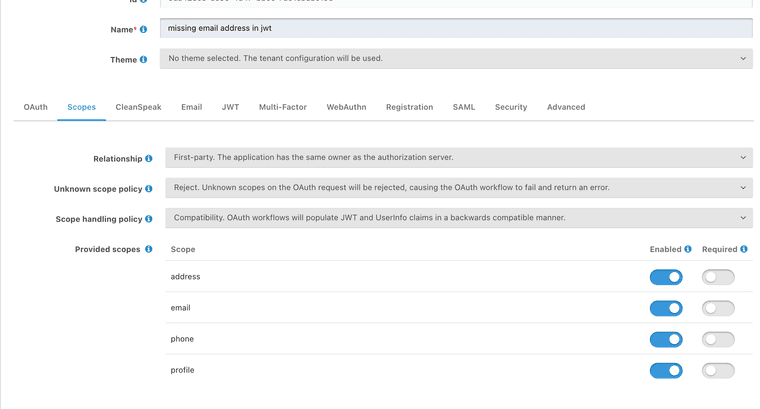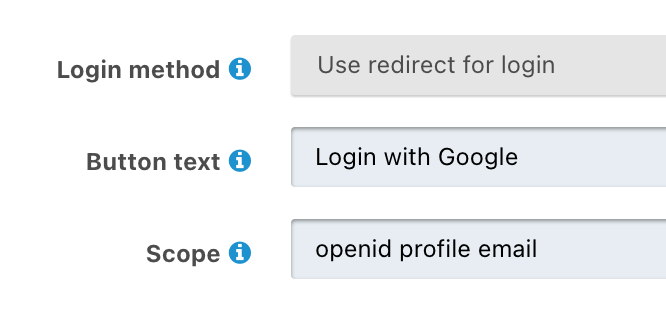JavaMail settings in FusionAuth can be configured under the SMTP settings of a tenant. You can access these settings by navigating to Tenants > Edit > Advanced > SMTP settings. Here, you can add additional properties for JavaMail.
For example, to enable debug mode, you can add mail.debug=true to the additional properties. This will provide more verbose logging for SMTP, which can be helpful for troubleshooting email issues. The debug logs can be viewed under System > Logs and selecting fusionauth-app.log source.
In some cases, you might need to set timeouts for the SMTP connection. This can be done by adding the following properties:
mail.smtp.connectiontimeout=2000
mail.smtp.timeout=2000
These settings will set the read and write timeouts to 2 seconds (2000 ms) source.
If you're experiencing issues with email delivery, it might be helpful to change the SMTP port or switch between TLS and SSL, especially if you're using a cloud service like FusionAuth Cloud, which has certain restrictions on ports source.
Remember to be cautious when enabling debug mode or changing other settings, as it could potentially lead to a large volume of logs or affect the performance of your application.


